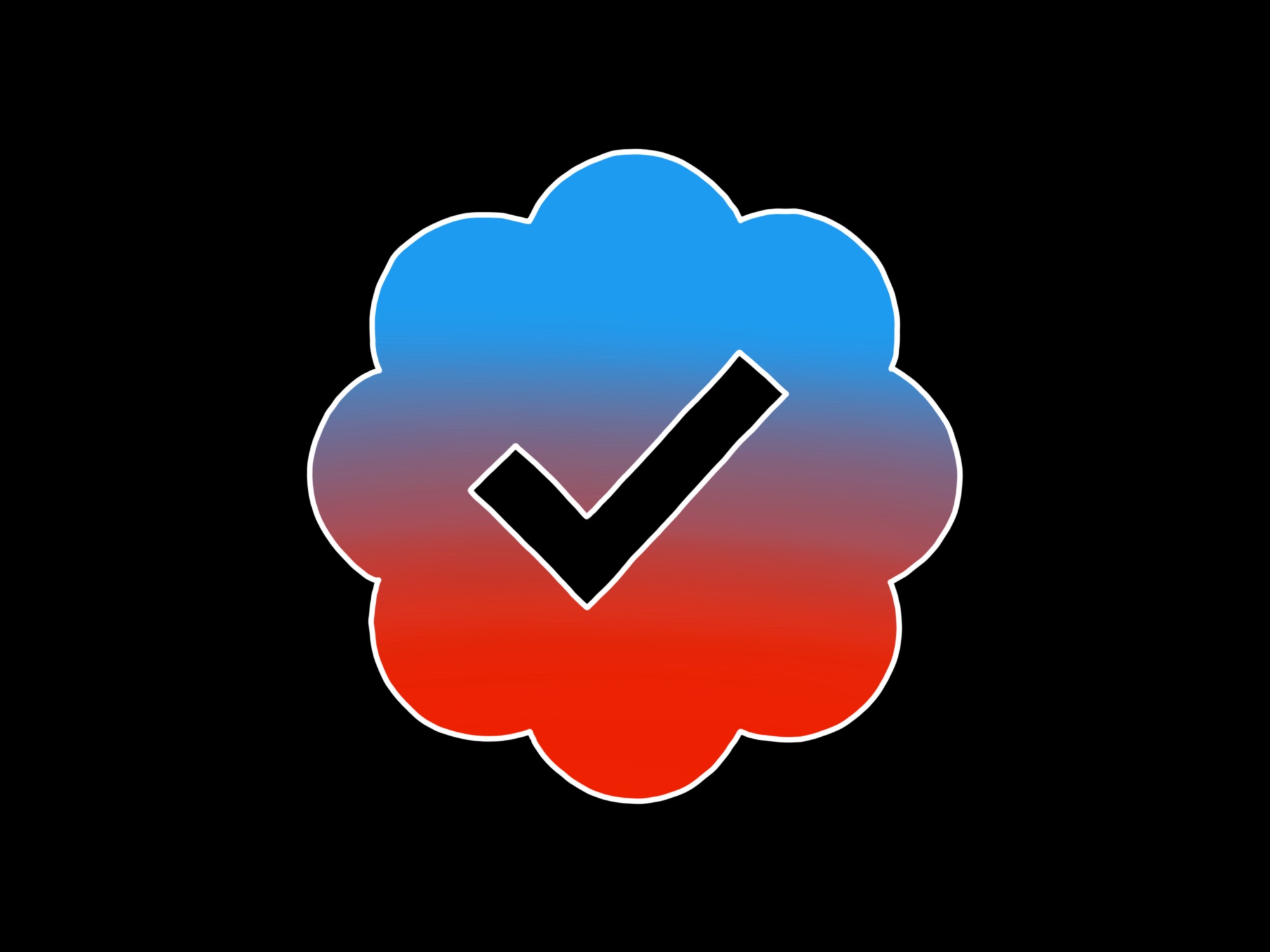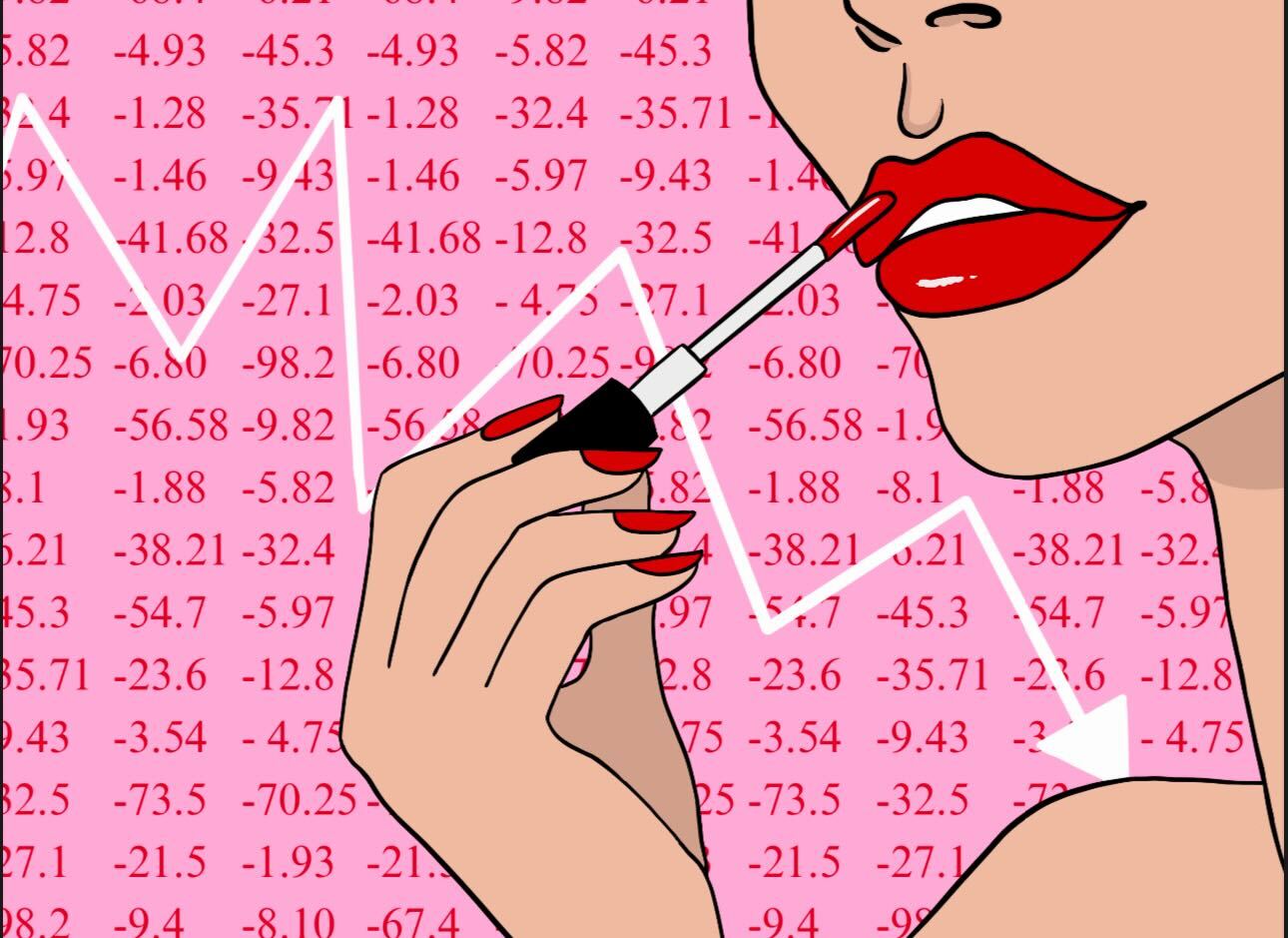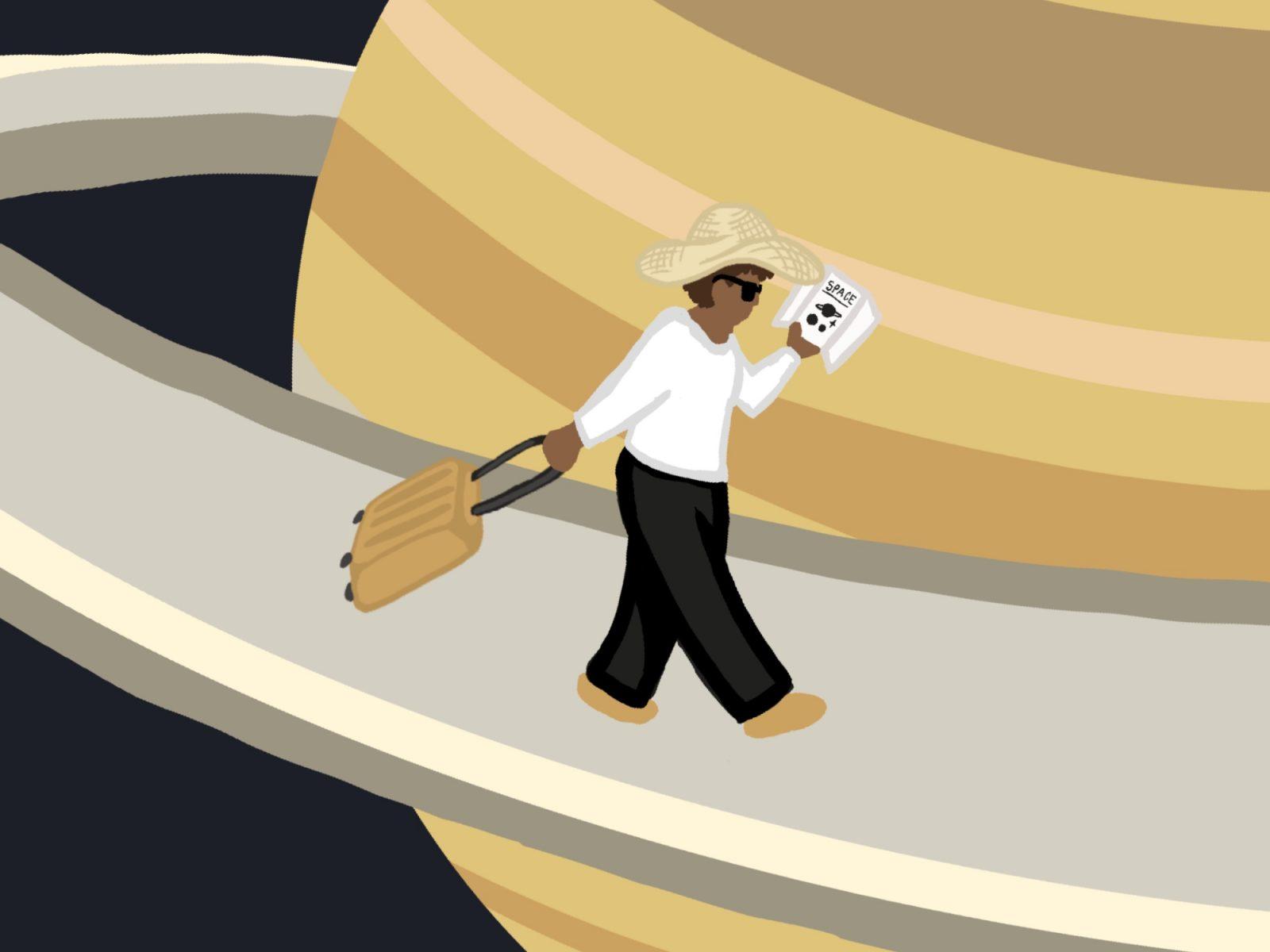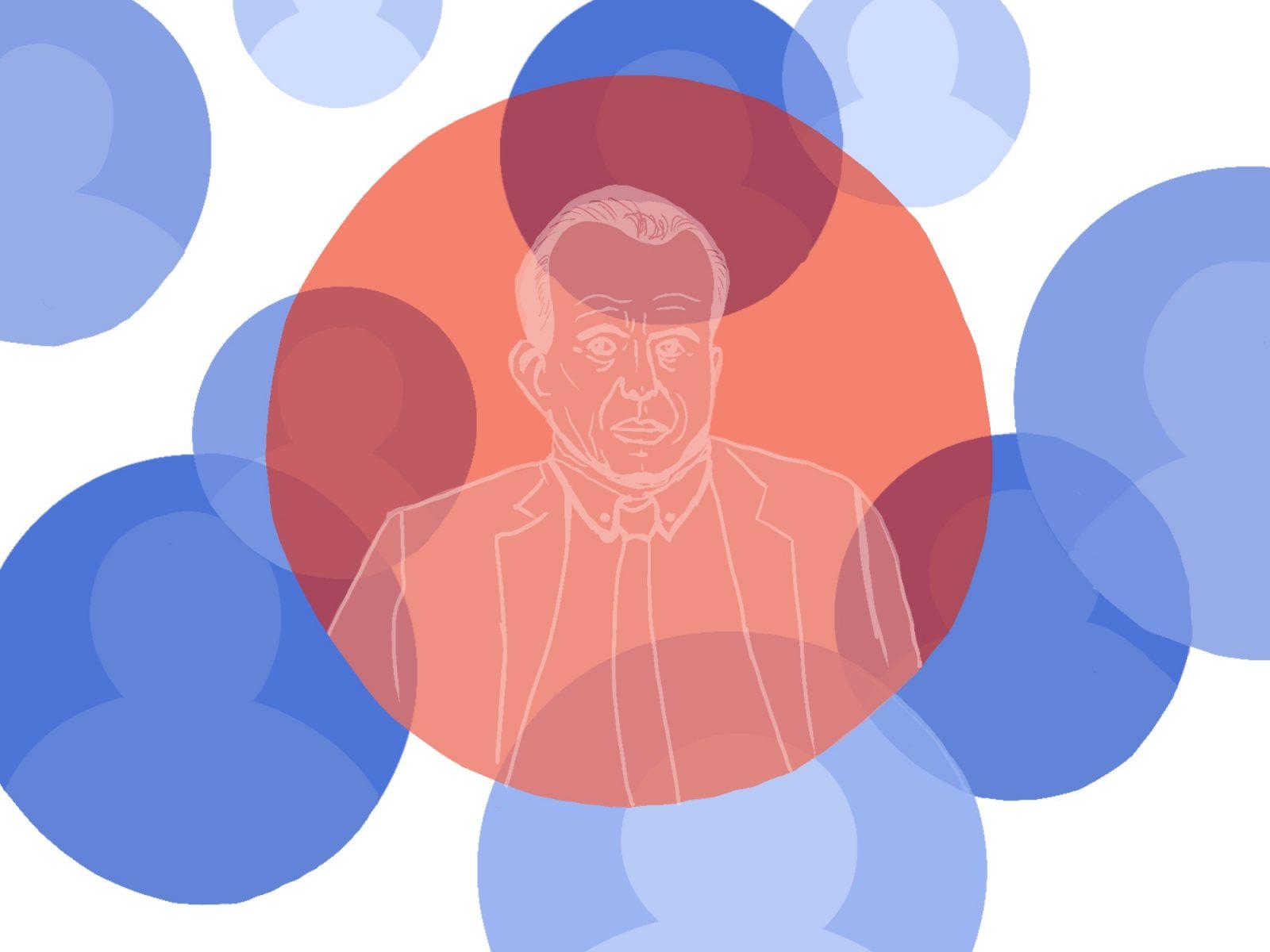The latest in a long stint of problems with X? Giving check marks to terrorist accounts.
Having a check mark beside your name on Twitter used to mean you were “verified,” but on X, it just means that you can pay $8 a month, or $1000 if you’re an organization.

X CEO Elon Musk wants to democratize the social media platform by taking away the power structure between the “lords” with the blue check and the “peasants” of non-verified status, as he wrote on X. Ironic, since making the verification status monetarily instead of socially determined really only reinforces a financial hierarchy.
Now, the “democratization” of X has gone too far.
A report by the Tech Transparency Project released on Feb. 14 shows that many United States-sanctioned individuals and organizations have paid to receive check marks on X. Among others, the list includes accounts associated with Hezbollah, described as a foreign terrorist by the U.S. Department of State, and Houthis, a Yemeni militia group that received its check mark mere weeks after becoming a U.S.-designated terrorist group.
“Hours after this report was published, X removed all of the checkmarks mentioned in the report and suspended one account for the Iranian-sponsored militia Harakat al-Nujaba,” the Tech Transparency Project wrote.
It’s more than just a moral issue that X verified known terrorists. It’s also a legal issue.
“According to [the U.S. Treasury Department’s Office of Foreign Assets Control], U.S. nationals and ‘U.S. incorporated entities’ are prohibited from engaging in transactions with sanctioned entities unless they receive a license, or waiver, from the government,” the Tech Transparency Project wrote. “It isn’t publicly known if X has sought or received waivers for any of the accounts detailed in this report.”
But even X itself has stated in its policies that it will not give out blue check marks to those under U.S. sanctions.
I’m glad that X at least removed the check marks of the offending individuals. But, it’s bad enough that X fumbled and tried to pick up the pieces when this shouldn’t have even happened in the first place.
Sure, free speech is important, and there’s something to be said about X not militantly controlling its users. But, profiting off of terrorists? Come on.
Even taking the profit part out of the equation, it seems erroneous to let these sorts of accounts exist and have a following on X. It isn’t illegal, technically, for terrorist groups to have social media accounts, but I think it should be.
X has famously removed many of its guidelines and rules, even letting back on previously removed accounts, since Musk took over. But, for a site that has 415.3 million global users, it’s unacceptable to let all the guardrails down.
This issue is a microcosm of the larger problem of social media and internet regulation.
Of course, there is a fine line between over-controlling what’s on the internet and enforcing safe protective measures for online spaces — the last thing I’m advocating for is internet fascism and media control.
But lately, we have gone way too far in the other direction. We’ve lost a lot of the rules that were created to protect information credibility and ensure safety in these public, online spaces.
We are at a tipping point: information will only get harder and harder to manage, especially with the rise of AI-generated content. The New York Times wrote, “The mere possibility that A.I. content could be circulating is leading people to dismiss genuine images, video and audio as inauthentic.”
We need more national, if not global, guidelines on information regulation and social media use.
We can’t constantly backpedal our way through every internet crisis. We can’t always rescind the check marks next to terrorist accounts. We need laws and agreements that protect these spaces, and we need big corporations to abide by them.
This era of the internet is one that we are struggling to handle. The next few years will prove whether we are capable of managing the new age of information, or if we will let our online worlds devolve into chaos.




















































































































